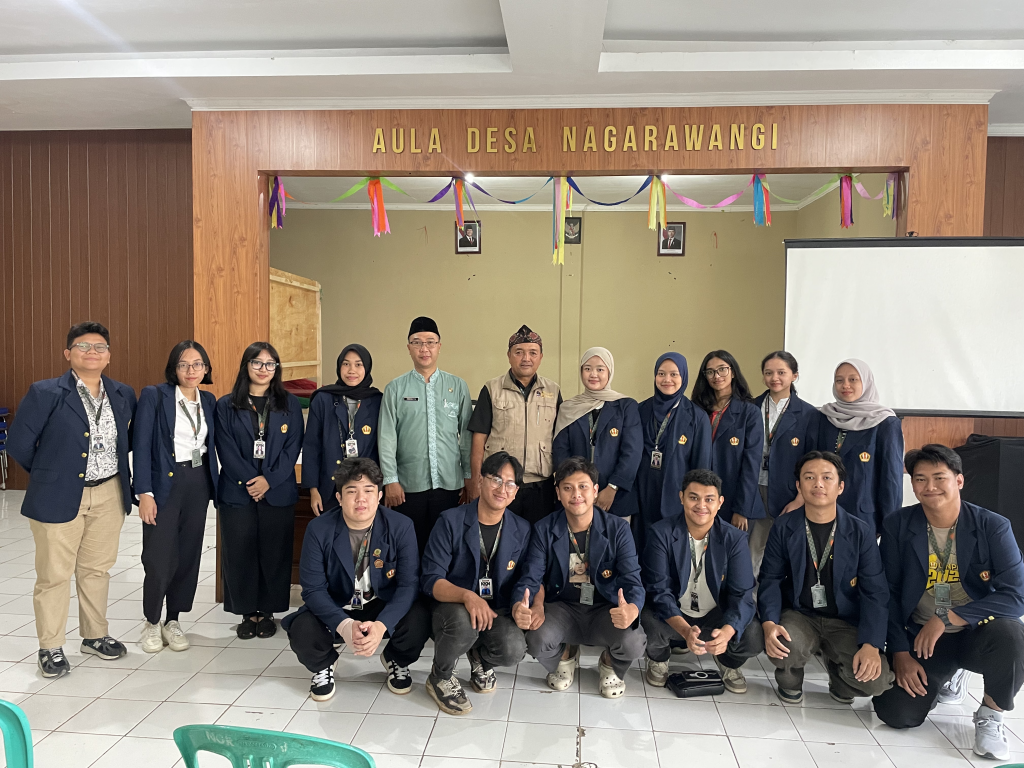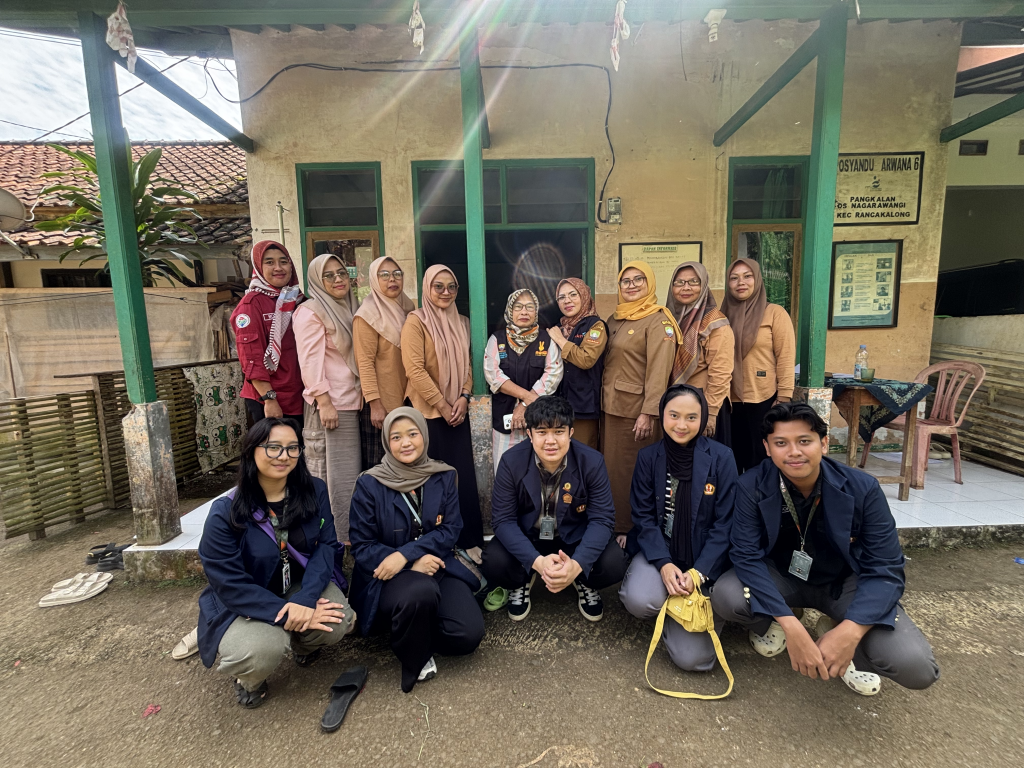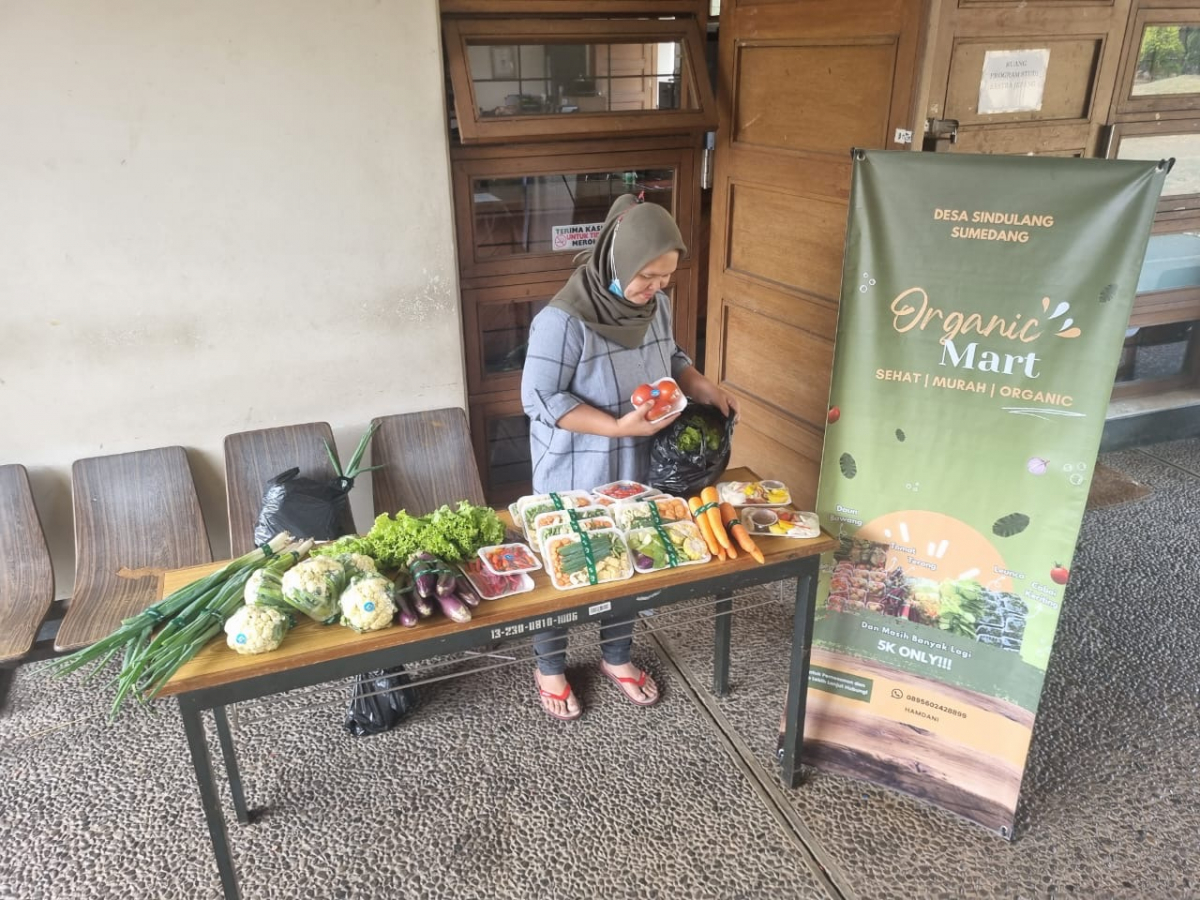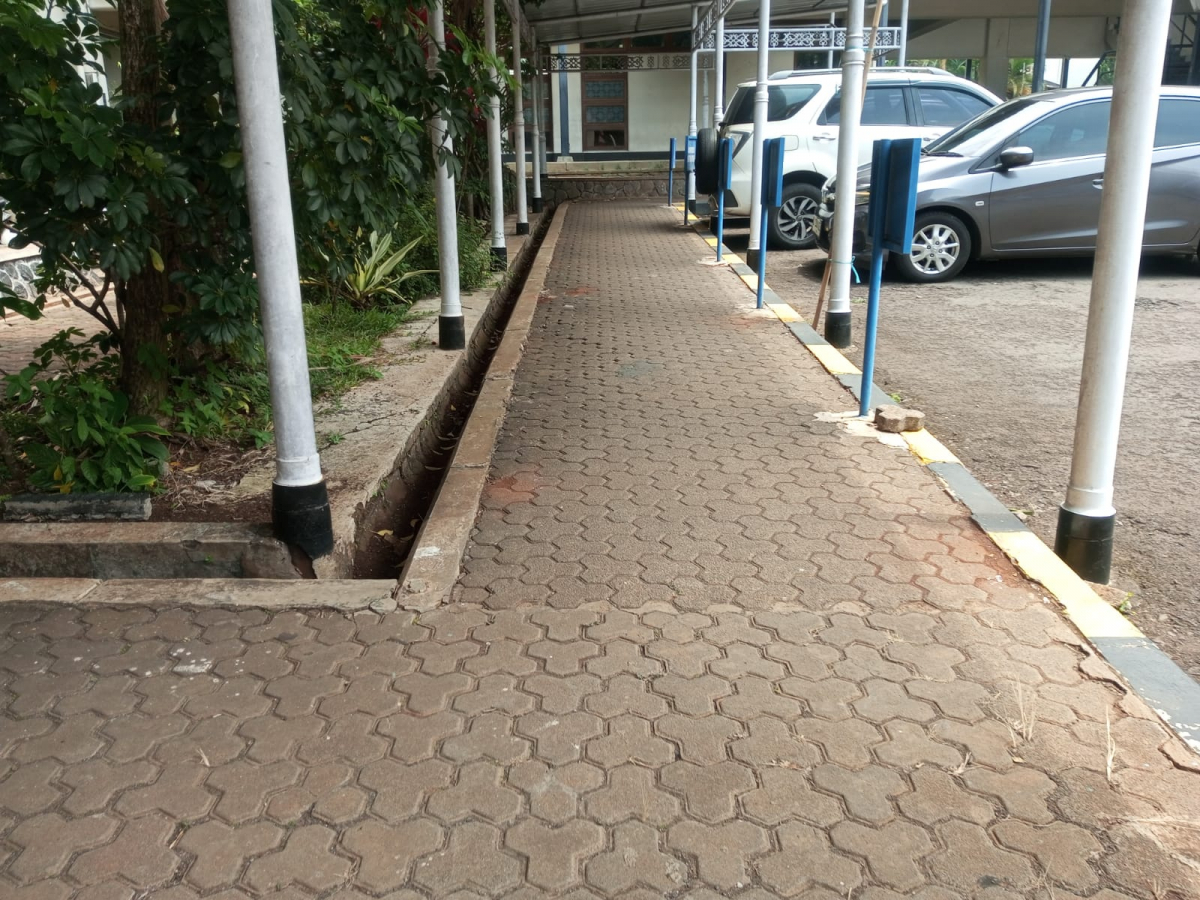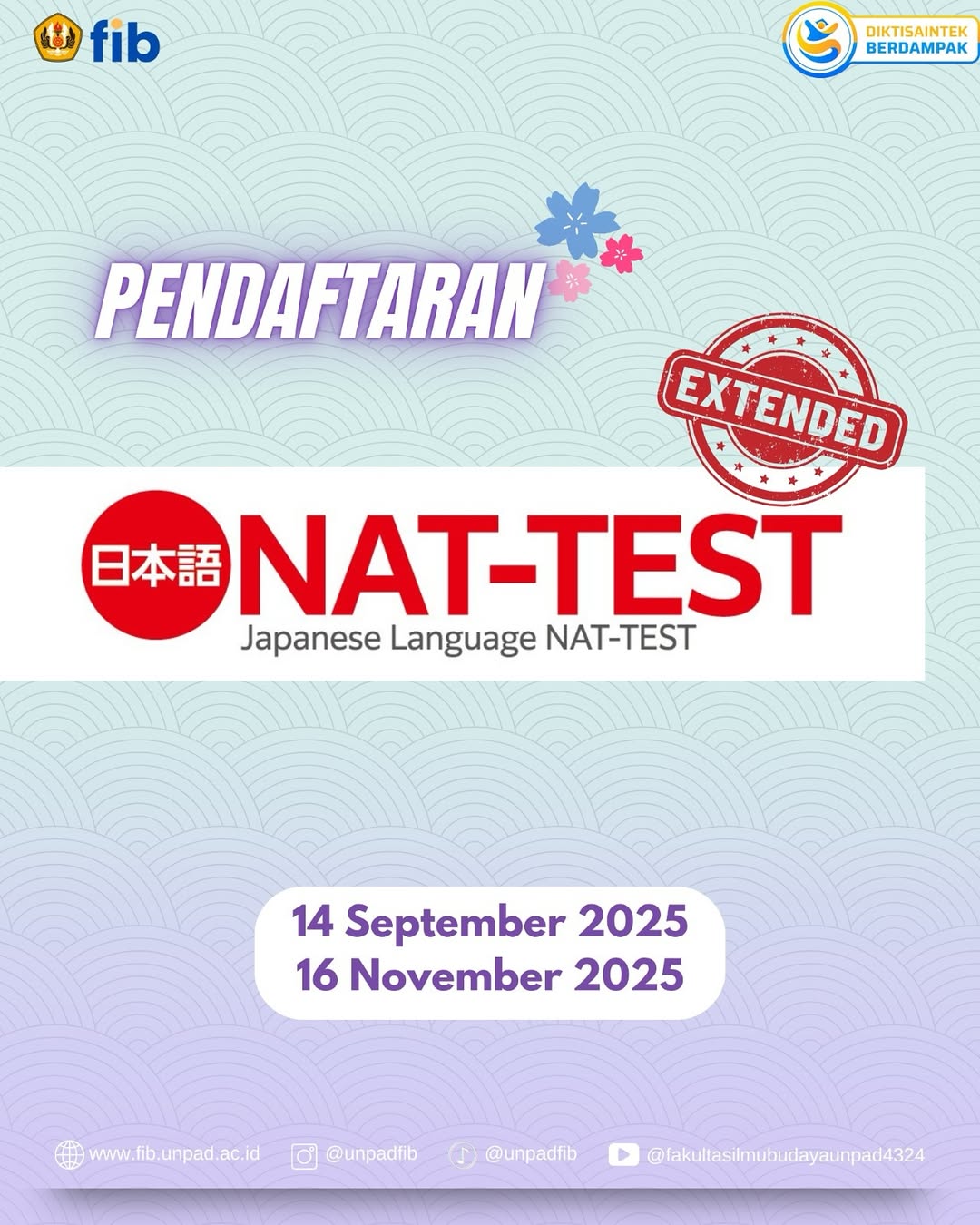
FIB Unpad Students Realize SDG 8 through KKN-PPM: From Coffee to Creative Economy
Students of the Faculty of Cultural Sciences (FIB) Universitas Padjadjaran have once again shown that what they learn in the classroom can bring real benefits to society. Through the Community Service and Empowerment Program (KKN-PPM) in 2025, they contributed directly to supporting SDG 8: Decent Work and Economic Growth. Over the course of the year, five flagship initiatives were successfully implemented in partner villages across West Java.
In Cikeruh Village, Jatinangor, English Literature and Indonesian Literature students worked to empower the local creative economy by supporting the development of a tourism village. They provided basic foreign language training for tourism actors, conducted promotional writing workshops, and assisted in creating brochures for local branding. This program aligns with SDG 8.3, which encourages job creation, entrepreneurship, and innovation through the development of the creative economy. As a result, the village tourism sector became more professionally managed, local products gained wider recognition, and the competitiveness of the creative economy improved.
The second program took place in Margamekar Village, where French Literature and Library and Information Science students trained local MSMEs. The activities included creating digital catalogs, branding strategies, and utilizing social media as marketing platforms. This initiative supports SDG 8.5, which aims for full and productive employment and decent work for all, including young people. The impact was clear: local products became more accessible to consumers, MSMEs opened new marketing channels, and business owners experienced increased income.
Another story came from Nagarawangi Village, Rancakalong, where Japanese and German Literature students worked with local youth to strengthen the village coffee center. Activities ranged from product packaging and storytelling to practical foreign language and hospitality training. This program supports SDG 8.6, which seeks to reduce the number of young people not in employment, education, or training by equipping them with work-related skills. The outcome included added value for Nagarawangi coffee, greater involvement of village youth in managing the coffee center, and new job opportunities in the tourism and hospitality sectors.
In Daarul Uluum Islamic Boarding School, Jatinangor, Sundanese Literature and Anthropology students implemented a program on sustainable entrepreneurship based on the green economy. Activities included eco-friendly product packaging workshops, organic waste composting, hydroponic farming, and cultural product development. This program contributes to SDG 8.4, which promotes resource efficiency in consumption and production. The impacts were significant: the pesantren gained independent income sources, new jobs were created, and awareness of green economic practices increased among students and the surrounding community.
The final program, “Foraging in the Village” in Sindulang, Cimanggung, was carried out by cross-department FIB students. It introduced Sundanese food literacy while boosting local economic potential. Activities included digital promotional content creation, translation of tourism brochures, processing agricultural products into marketable goods, and basic business training. This initiative strongly supports SDG 8.9, which focuses on promoting sustainable tourism that creates jobs and highlights local culture. As a result, Sundanese food traditions were preserved, the community gained new skills in agricultural processing, and new opportunities for cultural-based entrepreneurship emerged.
Through these five programs, FIB Unpad students demonstrated that meaningful contributions to society can go hand in hand with global development goals. From empowering tourism villages and strengthening MSMEs to developing coffee centers, pesantren entrepreneurship, and preserving food heritage, these initiatives underline the important role of higher education in fostering inclusive, innovative, and sustainable economic growth.

